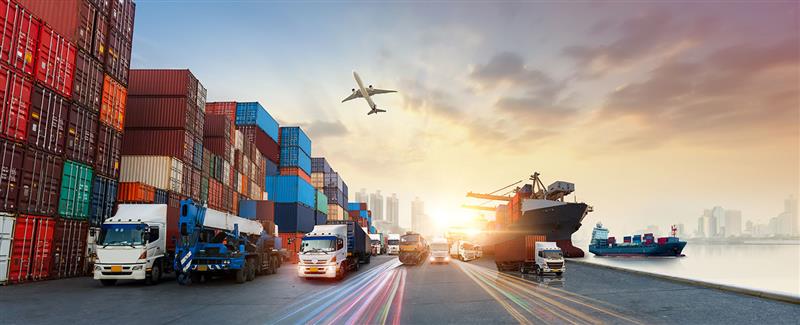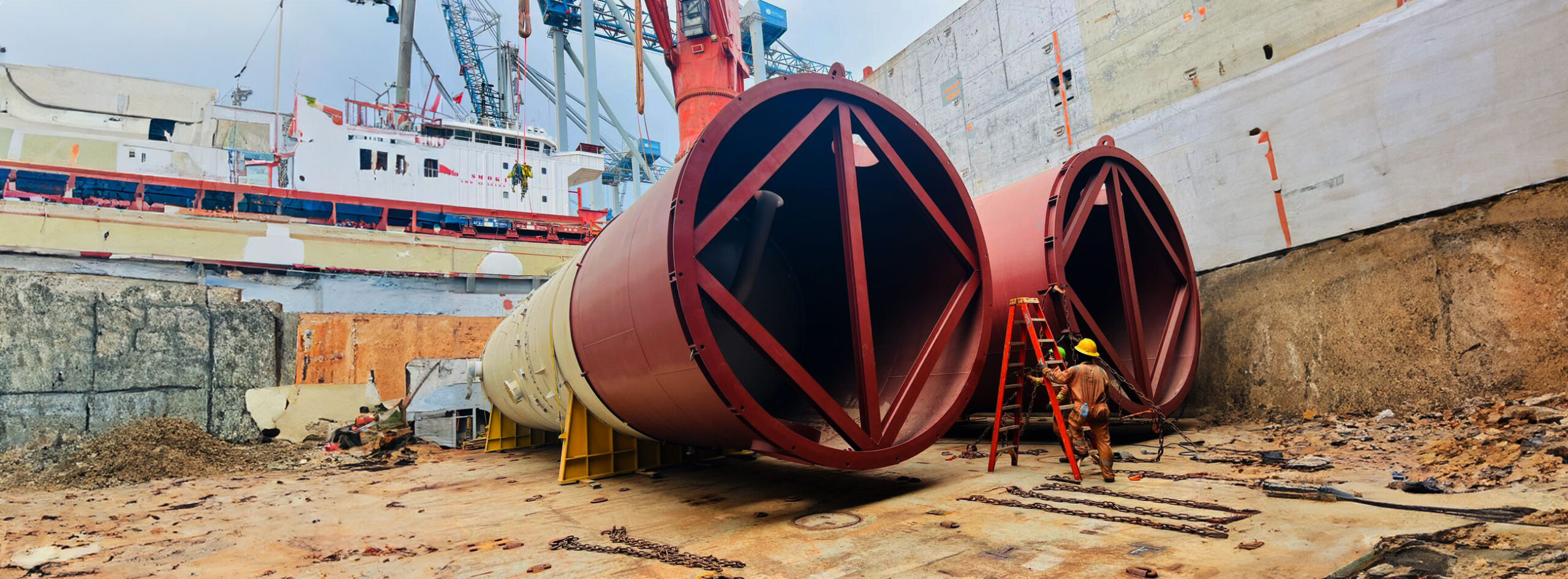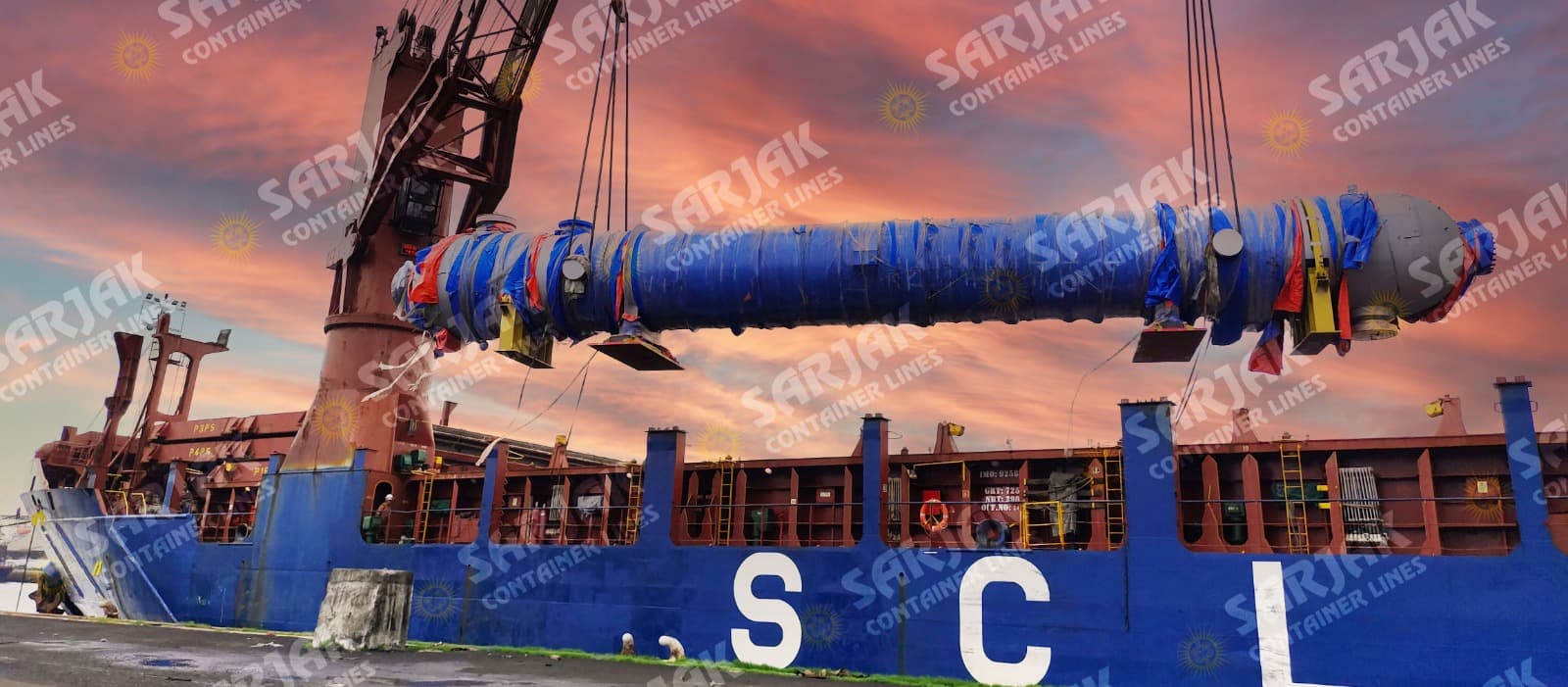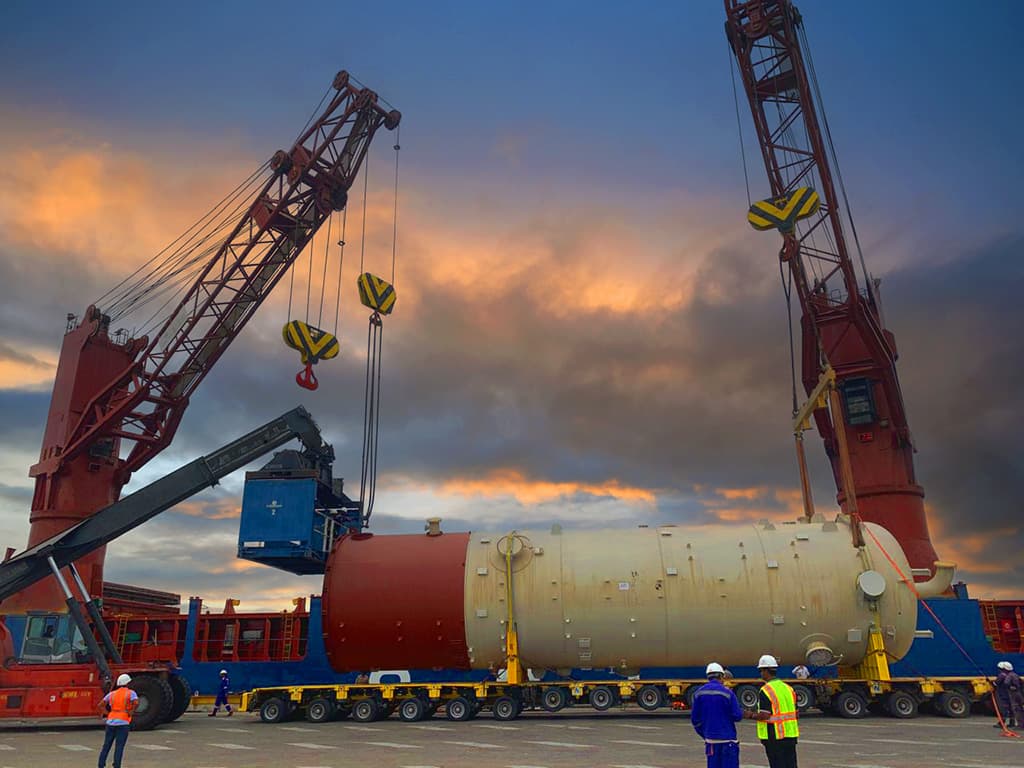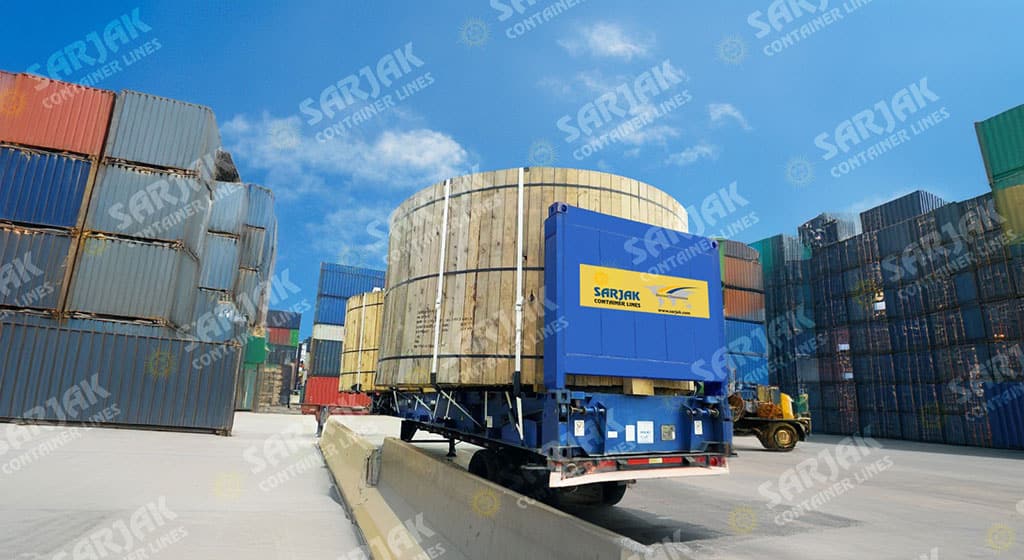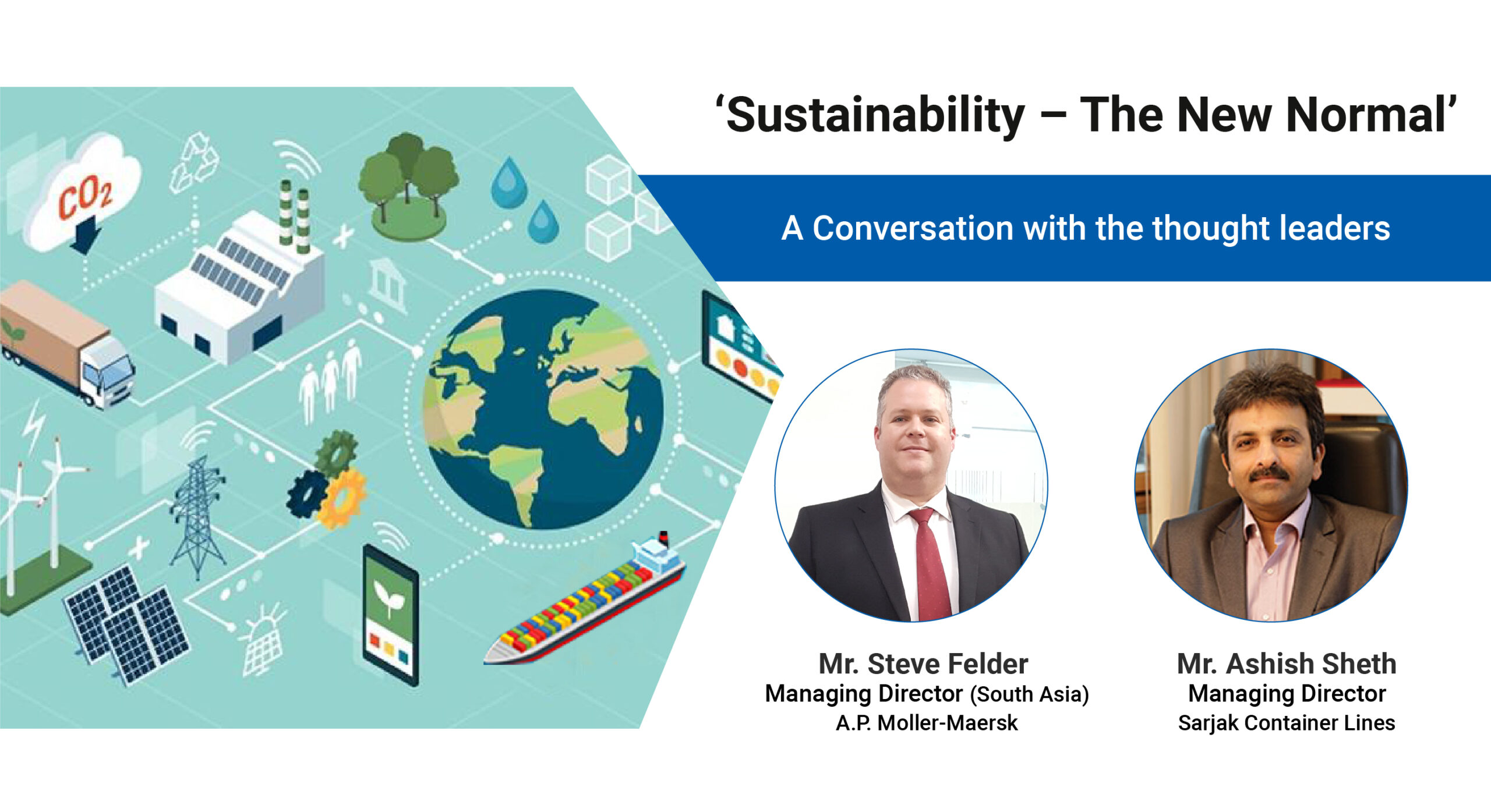The Saksham Group organized a global webinar on June 22nd 2020, featuring Mr. Ashish Sheth (Managing Director and Chairman, Saksham Group), Mr. Steve Felder (Managing Director – South Asia, A.P. Moller – Maersk) and Mr. Sarjak Sheth (Director, Sharp Logistics Pvt. Ltd). They lead the webinar to bring to fore their common concerns regarding the need to develop sustainability in and through the different verticals of their industry, in the current world situation. Mr. Steve Felder, presented his views to the Saksham Group of companies and various members of the logistics fraternity, on the in-depth actions that Maersk as an industry giant is taking to create focused Environmental Sustainability. He also touched upon the need for Financial Sustainability and Digital Sustainability (of organizations). He shared his insights to create awareness and devise methods for implementations on the following key aspects:
- A Momentum for Change
- Sustainability – Challenges and Mitigation Strategy
- De-carbonizing Logistics
- The Sustainability Offer
A Momentum for Change
Given the criticality of the present environmental conditions as brought out in the key environmental disaster statistics according to the World Bank Data showed 38 billion tons of carbon dioxide emitted in 2018. The situation is dire and demands a momentum of change from all stakeholders in the system.
On the bright side, while awareness on these challenges is a lot more than what was 20-30 years ago, there is a great deal to be done to ensure sustainable action is instituted for long term benefits of the environment. The present – day pandemic situation has accelerated the evolution and implementation of technology to simplify the supply chain in the shipping industry, thereby making it more resilient.
From a shipping company’s perspective, anything other than port-to-port delivery like insurance, trade finance, warehousing and distribution is an ancillary activity. From a customer’s viewpoint, port-to-port delivery is one small component of the total supply chain.
In such a situation the value proposition of the Freight Forwarders (FFs) plays an important role in their market share. Handling complex businesses, having the know how and the right technology for key industry activities, will keep the FFs as a very important component of the shipping line. The FFs are equal partners in building the Sustainability initiatives.
Sustainability- Challenges and Mitigation Strategy
This webinar highlighted and brought to fore some of the major Sustainability challenges of the shipping industry. The shipping companies are under an additional pressure from their investors to gear up for sustainability. A majority of CEOs, especially from Fortune 500 companies, now see it as an important aspect of business success. In this context, it can be categorized in three key scopes – Environmental Sustainability, Digital Sustainability (of organizations) and Financial Sustainability.
Focusing on Environmental Sustainability, Mr. Felder pointed out that the world is beginning to act in accordance to the required change, after decades of industrial catastrophes and accidents leading to loss of life and resources. Adding to this, customers too are steadily increasing sustainability requirements from logistics suppliers.
“Sustainability Strategy is supporting the UN Sustainable Development Goals. Our focus is managing our company responsibilities and mitigating negative risk impacts, and we remain committed to operating in congruence with UN Global Compact Principles.” – Steve Felder
Remarkable growth has been witnessed in the recent past by companies implementing successful sustainability models like zero-carbon emissions, recycling, or procurement for environmental benefits. Governments and various private organizations are basing their sustainability initiatives to the 17 Sustainability Development Goals (SDGs) agreed to be achieved by the member countries of The United Nations (UN) by 2030.
In light of this, during the webinar, the following aspects of Sustainability were emphasized by Mr. Steve Felder. These are incorporated into their business processes, to make an impact and set an example for other industry players to follow suit:
- Responsibility and Accountability
- Inclusion of:
-Employee health and safety
-Environment and climate change initiatives
-Community engagement endeavors
Specific to some Asian countries, there is dependency on the trucking market, which is very fragmented. The carriers plying to mobilize goods are most of the time flouting the environmental regulations thus gravely compromising on aspects of environmental sustainability. This is a major cause of concern and needs a solution.
Mr. Felder further stressed the fragility and the need for robust Financial Sustainability in the industry in view of the current pandemic situation. The shipping industry came to a standstill with the sudden lock down imposed in March 2020. The critical decision faced by vessel operators in this scenario was to ascertain the optimum quantity for deployment. The ideal scenario meant operation of the vessels at full capacity and fewer ships at required schedule rather than a regular deployment schedule with surplus capacity and higher costs. Steps like these have led to favorable results benefiting both the customer and the shipping companies.
With regards to the Digital Sustainability, a notable example is the case of a Non Vessel Owning Common Carrier (NVOCC). Its unique competencies, technological soundness and modernization practices prove to be a strong value proposition in terms of specialty while still playing an important role in sustainability. However, a NVOCC would definitely need to road map its phases of growth on evolving customer needs, trends and competitive advantages to continue to lead sustainability initiatives.
De-carbonizing Logistics
One of the most critical component of viewing sustainability in the shipping industry – a commitment to zero-carbon emission as a major goal for industry players to focus on. Even though currently, emissions for last-mile delivery might prove to be more than those for long-distance shipping, exploring inclusions for zero-carbon emissions per container in future in a commercially viable and carbon-neutral vessel is paramount for the industry actors. While bio fuels and battery power are some options that can be explored to reduce carbon and sulfur emissions, support and collaboration from partners, customers, technology providers, and other stakeholders in the industry along with credible/ path-breaking innovation are far more essential to meet this ambitious goal of decarbonizing the shipping industry.
“At Maersk, we call it the triple bottom line. Health, Safety and Environment (HSE) policies are followed as a result of sensitivity and awareness.” – Steve Felder
Additionally, eco-deliverables being expensive solutions imply a sizable financial impact being passed on to the end customer, however as more technologies get discovered and scaled, this impact will be neutralized to the organic rhythm of demand and supply.
The Sustainability Offer
“There is a great awareness and understanding about the current Environmental challenges in the industry and its Sustainability needs in terms of technology, finance, innovation and manpower on global as well as personal levels.” – Ashish Sheth
The group brought the discussion to a powerful close through exploring commitments for embarking on a successful journey of Sustainability. By partnering and collaborating with industry giants, smaller organizations could leverage their expertise and leadership to develop and support their own sustainability journey and innovate sustainable solutions for a brighter future.




